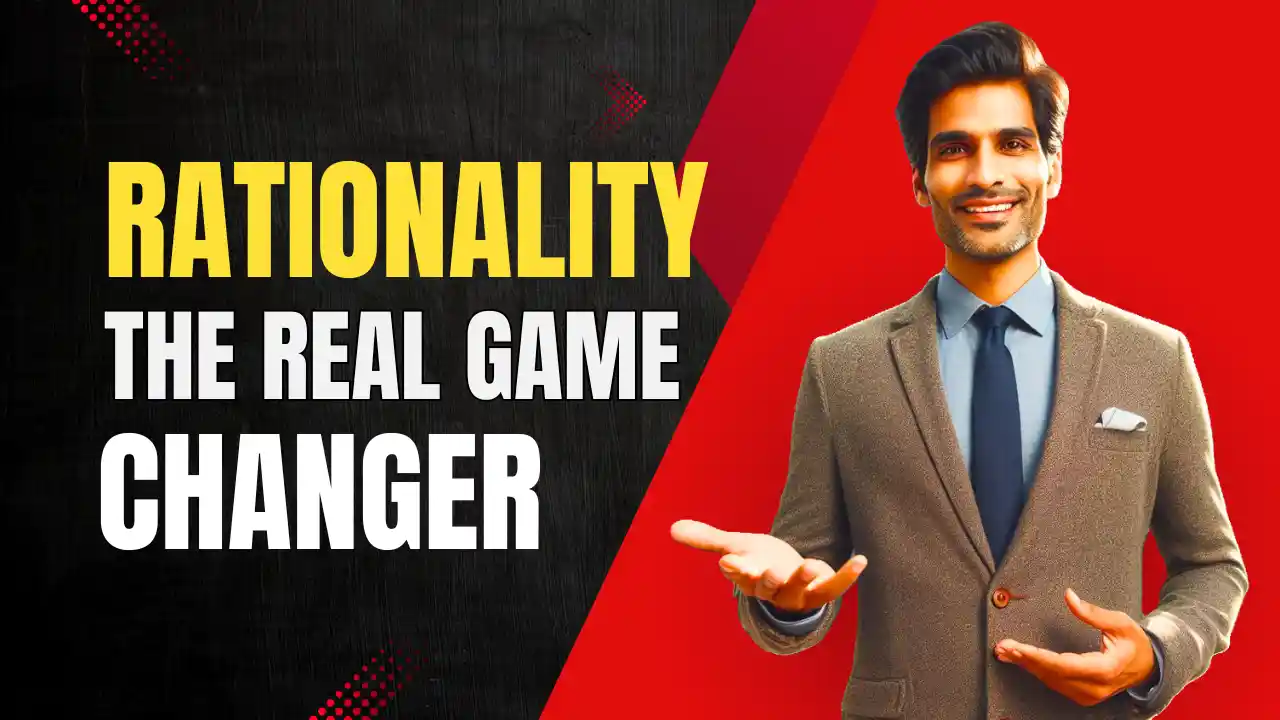
In the world of games and behavioral psychology, lusory attitude refers to the mindset where players willingly accept a game’s arbitrary rules and limitations for the sake of play. As defined by Google AI, this acceptance helps facilitate the experience—even if the rules make the process inefficient.
But what happens when this attitude bleeds into industries like insurance?
During one of our recent discussions about VISO, a friend posed a thoughtful question—“Is VISO similar to the traditional Agency Channel used by insurance carriers?” At first, we found ourselves scrambling for a response. But soon the conversation evolved into something deeper—one about systemic inefficiencies and mis-selling in the financial services industry.
That question sparked a moment of reflection.
Is VISO just another template following a lusory mindset like the traditional agency model? A model driven by the mechanical cycle of RRR: Recruit, Recruit, Recruit, and PPP: Pay, Pay, Pay?
The Answer: Absolutely Not.
Unlike the agency model—where arbitrary rules define success metrics—VISO challenges the lusory framework. Traditional agencies function like a chess game: limited moves, fixed pieces, and rigid strategies. They often operate within a closed system that values quantity over quality.
VISO, in contrast, wipes away the dust from the mirror. It's not bound by legacy thinking or gamified sales metrics. It’s a strategic, unbiased, tech-powered partnership aimed at genuinely helping individuals through all their financial episodes.
🆚 Agency vs VISO: Key Differences
| Traditional Agency Model | VISO Approach |
|---|---|
| Agents hunt for clients | VISO offers a second opinion |
| Transaction-focused | Partnership-focused |
| Product-incentive driven | Product-agnostic |
| Powered by product experts | Powered by wealth & tech experts |
🚀 Why VISO Has the Edge
- Multi-product Architecture: Flexibility to meet real needs.
- On-Demand, Uber-like Experience: No spam calls or pressure selling.
- Data & Technology Driven: Custom-fit financial solutions—not one-size-fits-all.
- No “Lusory” Obsession with Agent Numbers: Focus is on impact, not headcount.
VISO: A Coherent Strategy to Win Together
VISO is more than a distribution channel or a tech solution—it's a philosophy. A new way of thinking about financial advice, free from the lusory constraints of old industry models.
It's time to retire the "rules of the game" that no longer serve clients. VISO isn't just an upgrade—it's an evolution.



